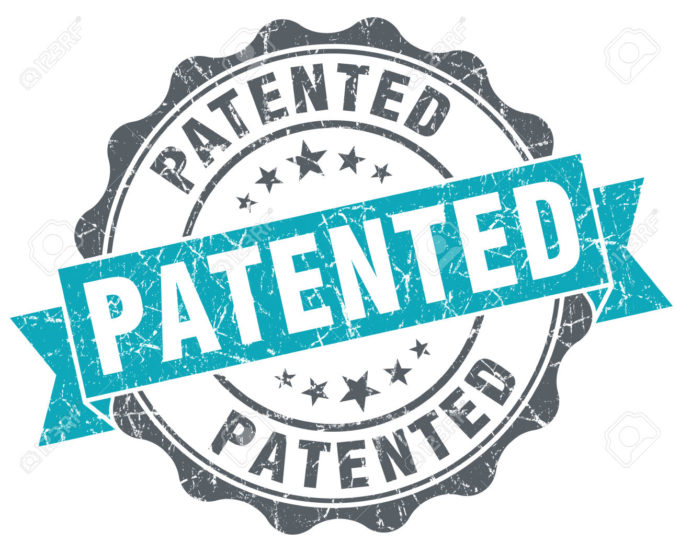
Medtronic v. Bosch post-Cuozzo: PTAB continues to have the final say on inter partes review
By Nehaa Chaudhari – Edited by Grace Truong
Medtronic, Inc. v. Robert Bosch Healthcare Systems, Inc. 2015-1977, 2015-1986, 2015-1987 (Fed. Cir. 2016)
The Court of Appeals for the Federal Circuit (“the Federal Circuit”) reaffirmed its earlier order, dismissing Medtronic’s appeal against a decision of the Patent Trial and Appeal Board (“PTAB”). The PTAB had dismissed Medtronic’s petition for inter partes review of Bosch’s patents, since Medtronic had failed to disclose all real parties in interest, as required by 35 U.S.C. §312(a)(2).
The Federal Circuit, conducting this review of its earlier decision in light of the US Supreme Court (“SCOTUS”) decision in Cuozzo Speed Technologies LLC v. Lee 136 S.Ct. 2131 (2016) (“Cuozzo”) held that based on 35 U.S.C.§ 314(d), it could not review either the initial decision of the PTAB, or the reconsideration of that decision by the PTAB. It opined, “It would be strange to hold that a decision to institute review would not be reviewable but a reconsideration of that decision would be reviewable.”
In its holding, the Federal Circuit also considered Medtronic’s claim that the Federal Circuit should review the PTAB’s decision since it involved constitutional questions. While the Federal Circuit agreed that in Cuozzo, SCOTUS had “reserved constitutional question […] from the scope of its decision regarding Federal Circuit unreviewability,” it found no “colorable constitutional issue” that warranted invoking this reservation in Cuozzo to review the PTAB decision.
Bosch had sued Cardiocom, Medtronic’s subsidy, for alleged patent infringement. Cardiocom had petitioned the PTAB for an inter partes review, challenging the validity of the patents in question. The PTAB denied this petition on the grounds that Cardiocom had failed to prove its case. Subsequently, Medtronic filed three inter partes review petitions for the very same patents.
Inter partes review petitions are required by law 35 U.S.C. §312(a)(2) to contain disclosures of all real parties in interest. In its petitions, Medtronic had cited itself as the sole party in interest, making no mention of Cardiocom, following which Bosch had asked that Medtronic’s petitions be dismissed. The PTAB, finding that Bosch had failed to establish that Cardiocom was a real party in interest, instituted the inter partes review proceedings asked for by Medtronic. However, it also granted Bosch’s request for additional discovery to establish Cardiocom as a real party in interest.
Later, based on additional discovery, the PTAB granted Bosch’s claim for a dismissal of the inter partes review process. The PTAB observed that Medtronic was acting as a proxy for Cardiocom, and, in support of its decision, referenced the inter partes review process initiated by Cardiocom and communications on this matter between executives of the companies. Medtronic appealed to the Federal Circuit. Bosch challenged on the grounds that the order of the PTAB was not appealable under 35 U.S.C.§ 314(d).
The Federal Circuit dismissed Medtronic’s appeal and denied the mandamus relief sought.
Medtronic petitioned for rehearing. Meanwhile, the SCOTUS issued a ruling in Cuozzo as a result of which the Federal Circuit recalled its mandate in the Medtronic/Bosch case so as to review its decision in light of Cuozzo. The Federal Circuit reaffirmed its pre-Cuozzo decision and dismissed Medtronic’s petition for rehearing.
IP Watchdog provides an overview of the case. Writing for PatentlyO, Dennis Crouch, while not in agreement with the “prospect of no appeal,” submits that “the decision here makes logical sense based upon the statutory and procedural structure.” Kevin E. Noonan in Patent Docs writes that Medtronic could theoretically seek an en banc review, but might be better off trying to get Congress to change the law.